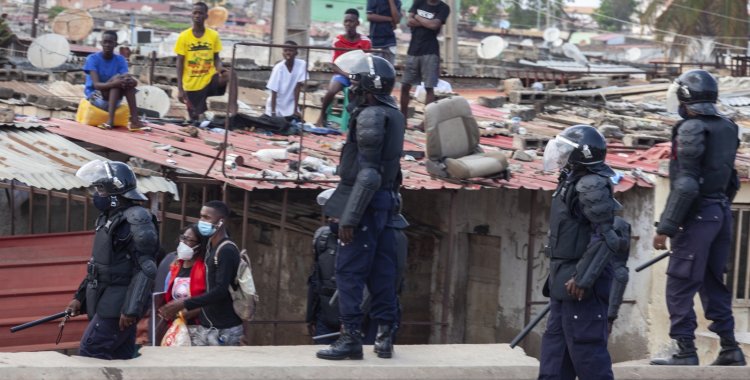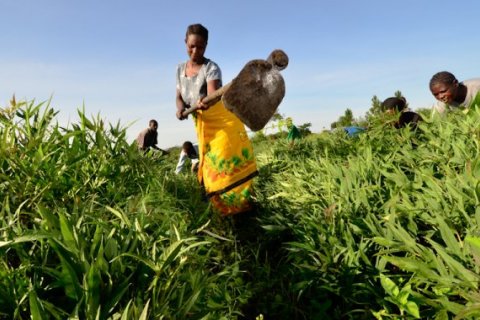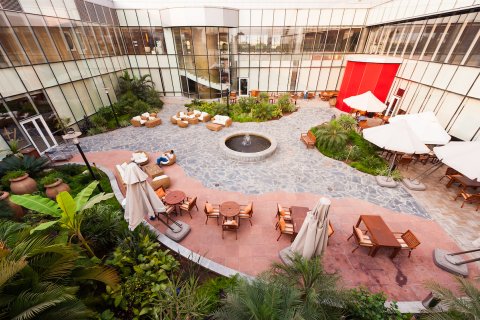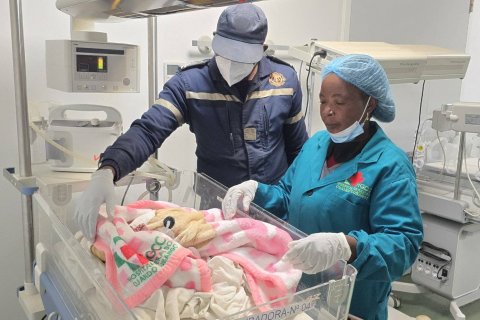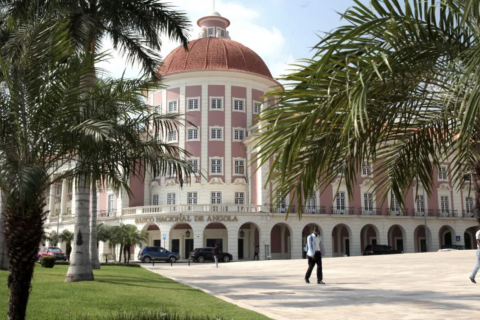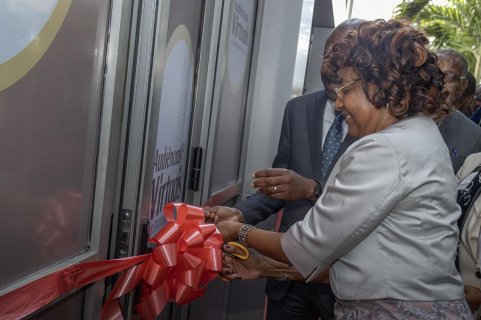Eugénio Laborinho, who was speaking this Wednesday at the opening of the Extended Consultative Council of the Interior Ministry, said that some sectors of Angolan society have been "misunderstanding the scarcity of life proper of the reforms in course.
According to the minister, these sectors lead the protest movements that have been carrying out, in recent times, some demonstrations that he said took place outside the law and that put other people's lives in danger, promoting gatherings that favor the spread of the new coronavirus.
"Thus, we take the opportunity to appeal to this important fringe of our ministry, the staff of the National Police, to do everything to avoid some excesses framed in professional error, because, between the bearable order and the unbearable disorder, as we saw in the last two demonstrations, we must act with balance, proportionality and always based on the Constitution and the law in force in the country," he said.
The governor stressed that the protests or demonstrations have constitutional coverage, but, he said, they must obey the law and must be carried out in a peaceful manner, "which has not happened in recent days," taking into account that the speeches of the promoters in the conventional social networks and media revealed "a somewhat differentiated posture.
"This disguised behavior of the organizers of the protests must deserve our attention, because who writes to the government of the province that will manifest in a peaceful way and in the sequence promises to take the power, to destroy the statue of the late founding President of the nation António Agostinho Neto, to proclaim a new national independence, not only shows disrespect to the principles of democracy, but also shows a tendency to reach power by anti-constitutional means," he said.
The holder of the Interior portfolio stressed that the maintenance of order during the exercise of the right of assembly and demonstration has as visible face the National Police, but by the nature of work "must involve and involves other sectors", such as the Criminal Investigation Service, "which before, during and after must identify citizens who in the exercise of their right to demonstrate, question the rights of others, including the right to private property and the right to free movement".
The latest demonstrations, held on 24 October and 11 November, were repressed by police, who were in force on the streets of Luanda, to disperse the demonstrators, using tear gas and water jets, and the action resulted in at least two deaths and arrests, including journalists, and the destruction of police resources by the people who were protesting.
Both protests, which aimed to demand better living conditions, jobs and the holding of the first local elections in the country, were not authorized by the government of Luanda province, due to disrespect for the state of public calamity in the country, due to covid-19, which prohibits, among other prevention measures, gatherings of more than five people in the streets.

